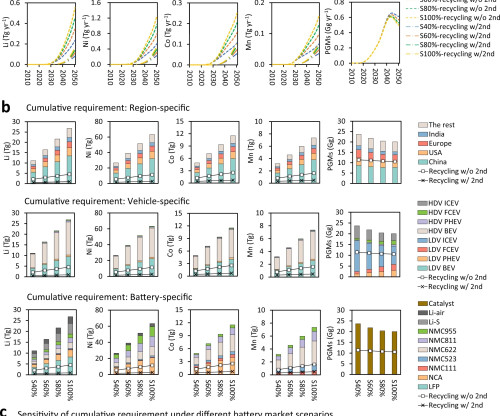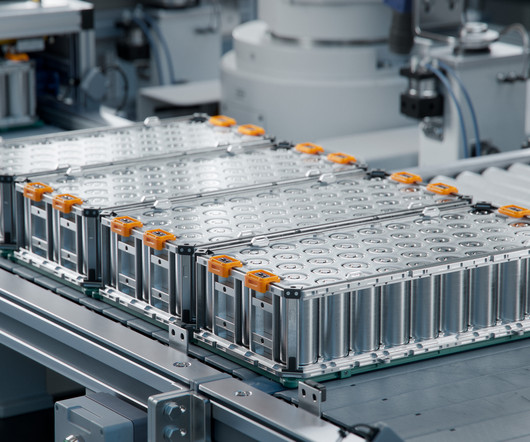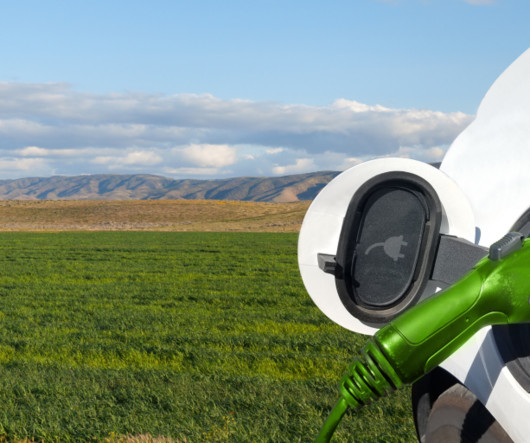DOE awards $60M to 24 R&D projects to accelerate advancements in zero-emissions vehicles
Green Car Congress
JULY 29, 2021
The US Department of Energy (DOE) is awarding $60 million to 24 research and development projects aimed at reducing carbon dioxide emissions from passenger cars and light- and heavy-duty trucks. (DE-FOA-0002420) Liquid Electrolytes for Lithium-Sulfur Batteries with Enhanced Cycle Life and Energy Density Performance. 2,604,870.























Let's personalize your content